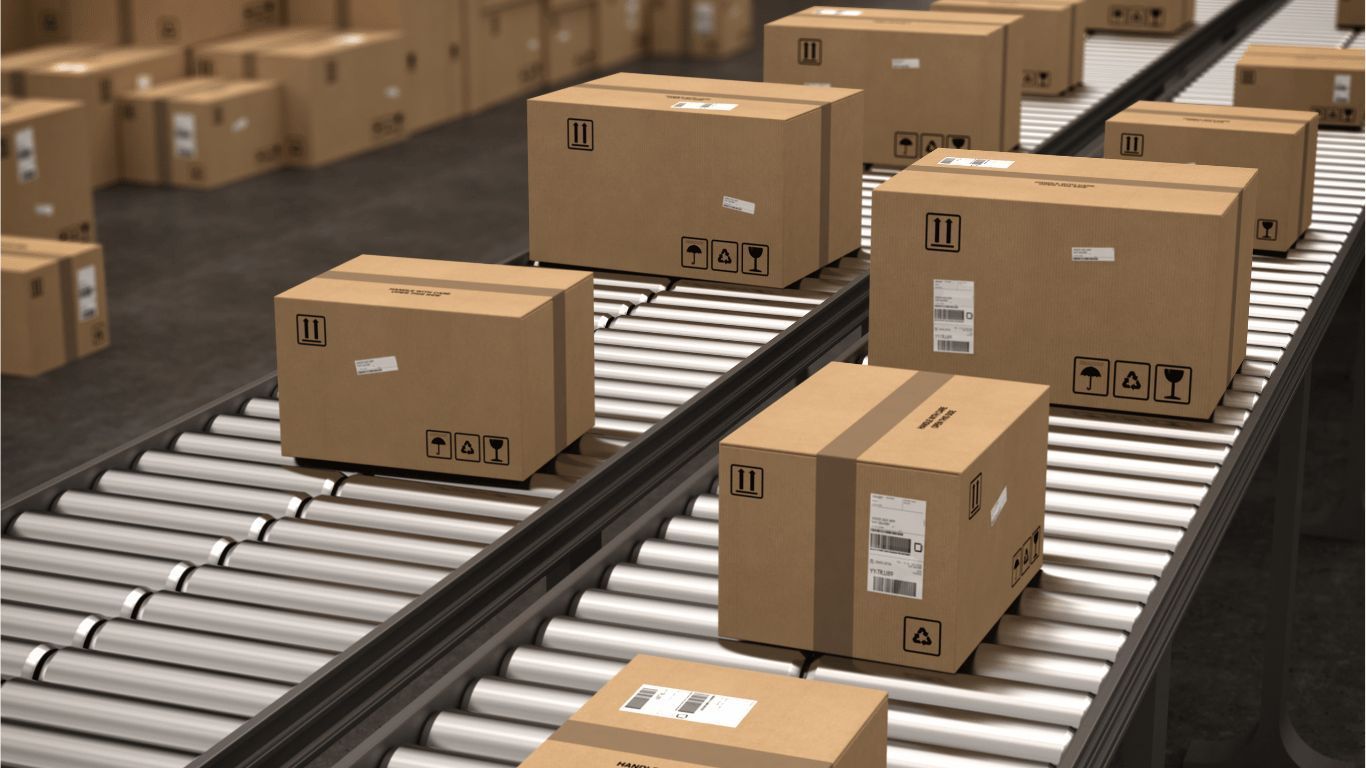What Documents are Necessary for your Imports and Exports?
Your Global Shipping Documents.

Correct Import and Export Documents
Having the correct documentation is vital when importing or exporting, as inappropriate or overlooked documentation can lead to shipping delays, increased costs and business risks, such as cancelled international commercial activities. Even if you’re using a freight forwarder, your company will still be held liable, as the exporter of the goods, for late or incorrect documentation.
What are the main export / import documents required?
The necessary export / import documents vary from country to country, but in general they are:
Export Commercial Invoice
When it comes to shipping internationally, an Export Commercial Invoice is one of the most important documents. This document provides information for the customs authorities to identify the goods, which helps them determine duties and taxes. Completing the commercial invoice correctly will avoid shipping delays, holds by customs and ensure compliance with legal requirements. Your Export Commercial Invoice should include the following information:
- The full name, address and contact details of the seller, buyer and the full delivery address.
- Number and date of issue of the Commercial Export Invoice.
- The harmonised system (HS) Tariff Code / Commodity Code.
- A simple description of the products in accordance with the Customs description within the tariff.
- A declaration of the country of origin of the goods.
- Number and date of issue of the proforma invoice, purchase order or sales contract.
- The price, method of payment, currency and any discounts or additional charges.
- The quantity, weight and type of packages, gross and net weight of goods and number.
- The Incoterms 2020 stating the delivery point and payment.
- The mode of transport and route.
- The correct value of the goods.
Export Packing List
A packing list is a formal document that shows an itemised list of the goods within a shipment. The export packing list provides the exporter, the international freight forwarder, and the importer with information about the shipment, the packing details, and the marks and numbers stated on the outside of the boxes, cartons, cases, etc. The information contained within the packing list should correspond with the Export Commercial Invoice.
Transport Insurance / Insurance Certificate
This document indicates the type and amount of insurance coverage in place for the shipment. The insurance covers the goods while in transit against loss or damage arising from risks associated with shipping by sea, air, land and inland waterways. The agreed Incoterms will enable agreement on who should arrange insurance cover for the goods whilst in transit.
Shipper’s Letter of Instruction
The shipper’s letter of instruction is a document in which the shipper stipulates the shipping requirements to the freight forwarder. The document states who should receive the shipping documents, who to contact for queries, who to contact for proof of export, and who issued the shipping documentation that supports the consignment of goods to the overseas customer. The shipper’s letter of instruction can also be used as the shipper’s export declaration, which is supplied to the freight forwarder to authorise them to issue transportation documents on the exporter’s behalf.
The shipper’s letter of instruction should help to avoid any miscommunication between the exporter and the freight forwarder.
Certificate of Origin
A certificate of origin confirms the origin of the goods being exported. It is often required when the country of origin needs to be known for import duty preference, import quotas, boycotts or when anti-dumping measures are in place.
GSP Form A
A Generalized System of Preferences Form A (certificate of origin) is required when a preferential duty rate is applicable. The form is required to verify the claim for reduced or duty-free entry upon import.
Certificate of Manufacturer
This document certifies that the goods being supplied have been produced by the stated manufacturer, are ready for shipment and satisfy the general product requirements.
Inspection Certificate
This document certifies that specified products are in good condition and that the shipment contains the correct quantity.
Export and Import Licenses
Export and Import licenses are not always required, unless specific products are subject to surveillance, quantitative restrictions or safeguard measures. Many countries maintain their own list of goods subject to export and import licensing. The terms of licensing vary depending on the type of goods and on the regulations concerned.
What are the main transport documents?
Transport documents are contracts for carriage of goods and are at the heart of international trade transactions. The documents vary depending on the method of carriage used.
Air Waybill
Shipments by air require an Air Waybill and this accompanies goods shipped by an international air carrier.
Bill of Lading
Shipments by sea require a Bill of Lading and this is a contract between the owner of the goods and the ocean carrier. The overseas customer will need an original bill of lading (as proof of ownership) to take custody of the goods from the ocean carrier.
CMR
CMR stands for "Convention relative au contrat de transport international de marchandises par route". The CMR confirms a contract of carriage between the shipper and the carrier for international transportation by road.
CIM
The CIM consignment note confirms the contractual specifications for goods moving by international rail freight transport.
How Can We Help?
When you are importing or exporting, we can help your business understand what documentation is required, potentially avoiding supply chain disruption and delays. We can help explain the necessary documentation your company should be using for international contracts, customs, shipping and payments. Thanks to our far-reaching experience across a wide range of industries, we are able to provide clear and relevant advice that can help steer your international trade business onto the right course.
For more information, please contact us on 0118 932 8447 or by e-mail: info@icsglobalservices.co.uk
Ian Simmonds




